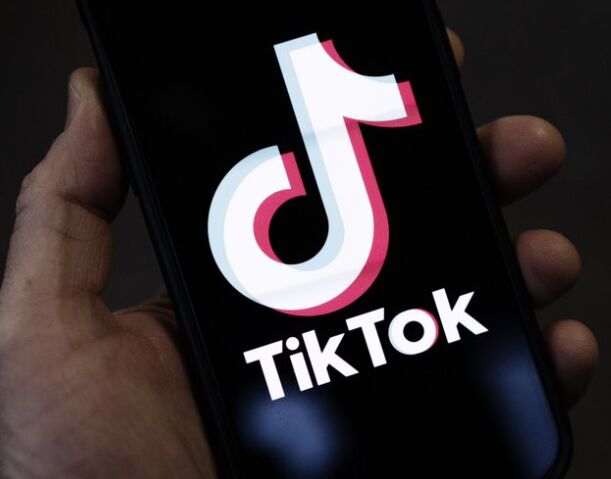Utah Takes on TikTok: Lawsuit Alleges App Deliberately Hooks Kids with Harmful Content, Sparks Addiction
Utah files lawsuit against TikTok for exposing children to harmful content and addictive behavior. Governor announces consumer protection lawsuit seeking corrective action and damages exceeding $300,000. Multiple states also filing similar lawsuits. Critics concerned about privacy and impact on LGBTQ+ youth.
Utah has filed a lawsuit against popular social media app TikTok, accusing it of knowingly engaging children with harmful content and addictive behavior. Governor Spencer Cox announced the consumer protection lawsuit, stating that TikTok uses technology to keep children on the app despite the mental health risks associated with excessive social media use.
Utah Attorney General @SeanReyesUT and @GovCox have announced that the state of Utah is suing TikTok. The innocence of our children is under attack and the AG’s office is taking legal action to counter this growing threat. pic.twitter.com/XmGCxpRZaj
— Utah Attorney General (@UtahAG) October 10, 2023
The state alleges that the app targets children with violent and distressing content through its recommendation engine and employs features like infinite scroll and filter bubbles to keep users engaged. The lawsuit claims that TikTok profits from addicting children to the app and fails to adequately protect them from harmful content and predators. The suit seeks corrective action and damages exceeding $300,000.
TikTok has defended itself, stating that it has industry-leading safeguards and parental controls in place. Multiple other states, including Arkansas and Indiana, have also filed similar lawsuits against TikTok with similar allegations. The United States Supreme Court is also set to address whether state attempts to regulate social media platforms violate the Constitution. Utah has the highest percentage of children per capita and is taking steps to limit children's social media use through recently passed legislation, but critics have expressed concerns about privacy and the potential impact on LGBTQ youth.




